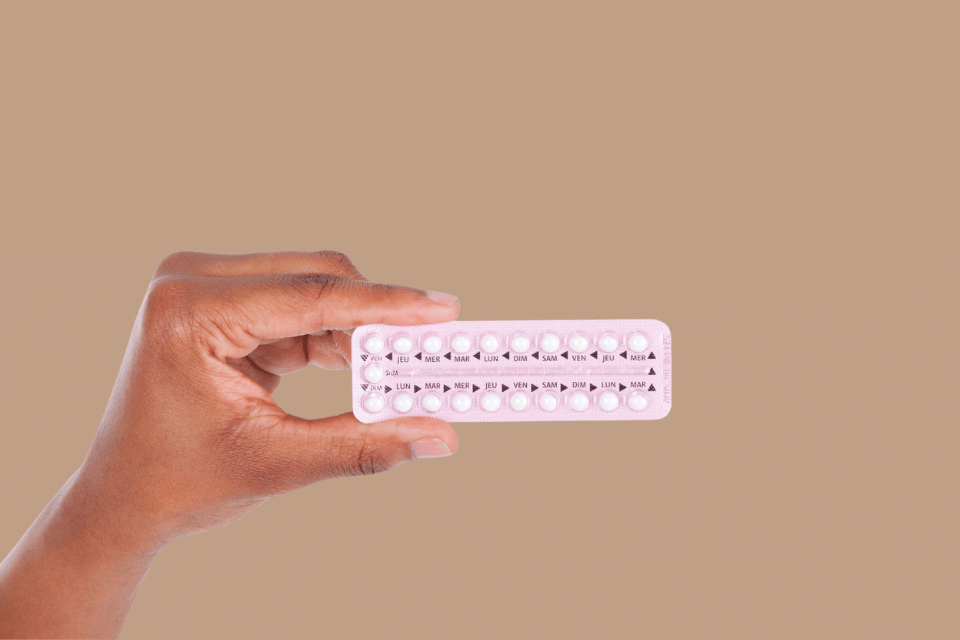Figuring out the right birth control for you can be confusing. Other than the literal dozens of options out there, there’s also the medical jargon and all the side effects your friend’s sister’s stepmom experienced that you definitely don’t want. While we can’t tell you which one to choose, we can help you figure out what progestin and oestrogen are doing, so you’re more clued-up.
What’s the deal with progestin?
In birth control, progesterone is mimicked by a synthetic called progestin. When it comes to birth control, progesterone is a hormone whose main job is to prevent pregnancy. That’s because follicles (inside your ovaries) are meant to release mature eggs every month, and progesterone’s job is to inhibit the release of those eggs. If the eggs don’t release, ovulation can’t happen.
But it doesn’t end there: progesterone also creates a hostile environment for sperm by making cervical mucus thick and uninviting, kind of like being at a party with tons of random people and none of your mates around. Overall, progesterone’s synthetic, progestin (the one they make in labs and put in contraceptives), mimics these behaviours in contraception, so you’re baby-free.
Some hormonal birth control methods contain only progestin, but they don’t prevent menstruation completely. It’s an option if you’re averse to oestrogen, are older than 35, smoke or have high blood pressure. However, if you take progestin-only contraception in the form of tablets, they must be taken at the exact same time every day. Some side-effects reported are not getting your periods, vaginal dryness and breakthrough bleeding, but these could be solved by switching to another progestin-only BC.
What about oestrogen?
Contraception with progestin and oestrogen are called combined oral contraception or COC. They’ll work together to prevent your body from releasing an egg and thicken mucus so sperm is unable to settle. Because it changes the hormonal balance in a woman’s body, many use it for reasons other than birth control, like controlling acne, or to prevent super painful or heavy periods. It also reduces the risk of ovarian, colon and uterine cancer. But it’s also not ideal for some women, who report a lowered libido, weight gain, and even depression. The amount of oestrogen in your birth control also plays a role in the side-effects, so finding the right balance could be the key.
If you’d like to know for sure which option is for you, why don’t you visit us on MyContraceptive. A quick virtual doctor’s chat will help you figure things out, and your birth control will be delivered to you, hassle-free and on time, every month.
Sources: Zoie Health experts, Slynd, WebMD, Healthline

